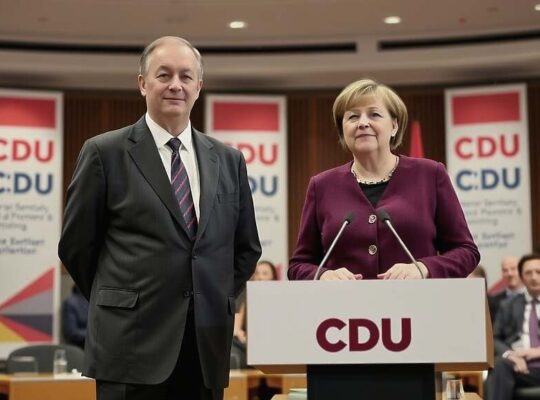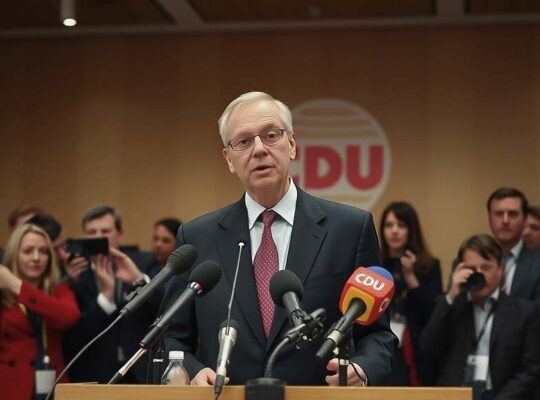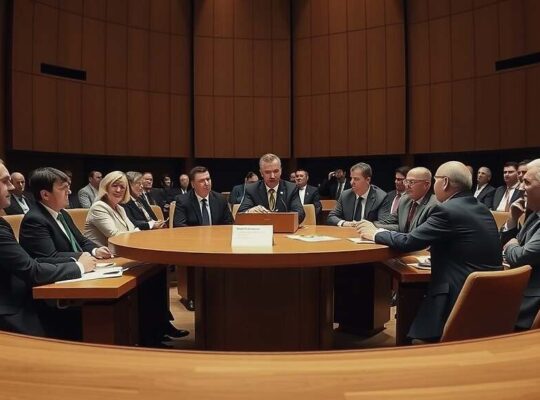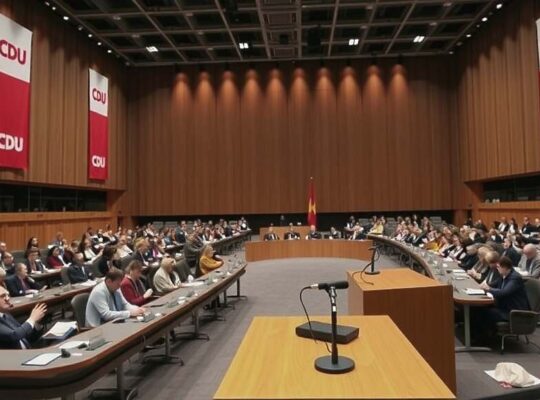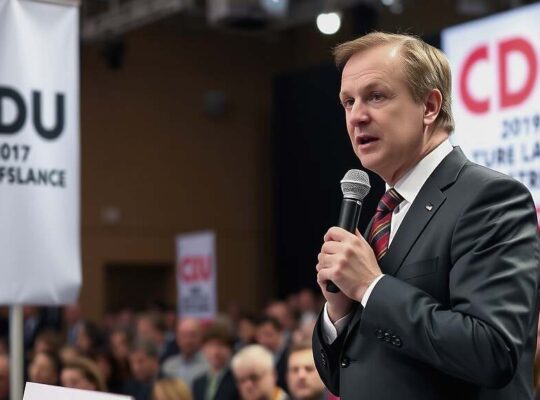The Berlin public prosecutor’s office has dismissed over 1,500 criminal complaints filed across Germany against CDU leader Friedrich Merz regarding controversial remarks he made concerning the impact of migration on urban landscapes. The decision, announced in response to an inquiry from Tagesspiegel, indicates a lack of initial suspicion of incitement to hatred as defined by Section 152 (2) of the Code of Criminal Procedure, leading to the closure of the proceedings.
Merz’s remarks, delivered on October 14th, acknowledged progress in correcting past shortcomings in migration policy but pointed to a continuing “problem” within the visual character of cities. He subsequently offered a cryptic clarification, suggesting that individuals should inquire of their daughters to understand his intended meaning. This ambiguity further fueled public and political debate.
The prosecutor’s office stated that the remarks were scrutinized through the lens of Article 5 (1) of the Basic Law, guaranteeing freedom of opinion. The office concluded that the comments did not constitute incitement to hatred, advocacy for violence or arbitrary measures, or an attack on human dignity under Section 130 (1) of the Criminal Code.
The decision has ignited a new round of political sparring, with critics arguing that the prosecutor’s interpretation sets a potentially dangerous precedent. While upholding the right to freedom of expression is paramount, concerns remain that such pronouncements, particularly those connected to sensitive issues like migration, can contribute to social divisions and prejudice. Opponents argue that the vague language employed by Merz and the subsequent evasion of direct explanation, avoids accountability and risks normalizing discriminatory narratives.
This case highlights the ongoing tension between the protection of free speech and the need to safeguard against the dissemination of potentially harmful rhetoric, particularly within a politically charged climate. The incident is likely to be revisited in discussions surrounding the boundaries of acceptable political discourse and the responsibilities of elected officials in addressing complex societal issues.



